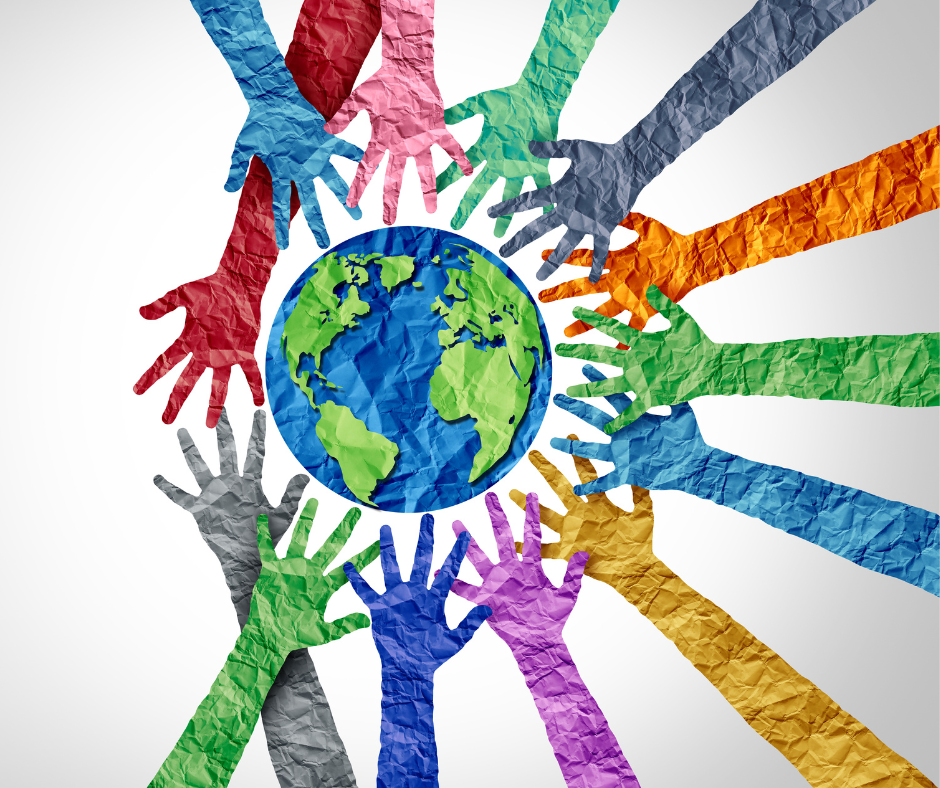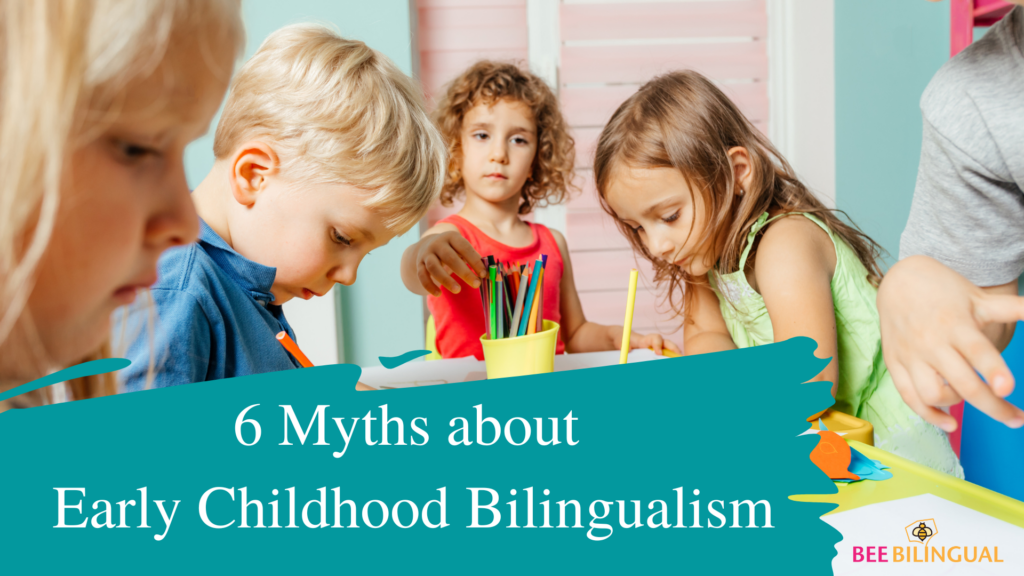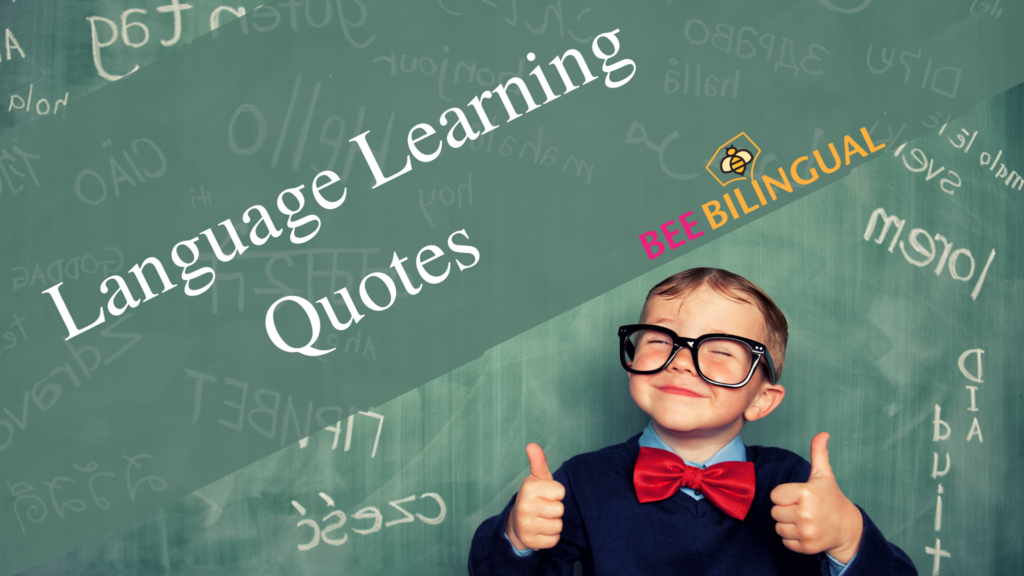Being bilingual, or even multilingual, has many incredible benefits. Bilingual education forms connections—connections between countries and cultures, people and ideas. The ability to speak another language opens up a wealth of opportunities for children; from meeting interesting people to learning about other cultures to travelling and finding fantastic work opportunities later in life, bilingualism and multilingualism can be incredibly beneficial.
Generally, bilingual education encompasses the systematic teaching of one or more foreign languages. Teaching often takes place in two languages: the native one and a second language. The two most common bilingual education programmes are:
– A Transitional Bilingual Programme
Kids first learn their native language, then acquire the second language. Here, the goal is not bilingualism, as the focus will often only lie on one language.
– A Maintenance Bilingual Education
The first language is as valuable as the second one. Both languages are promoted, which is why it is a very strong form of bilingual education. (Often found in international schools and dual language schools.)
Now let’s take a closer look at why bilingual education is so incredibly important.
The Importance of
Bilingual Education in a Multicultural Society
- Cultural awareness
Speaking another language means learning about another culture. By learning a new language, children will get to know a whole new world with different customs, different music, different food… Perhaps it is the mother’s or father’s native language, or perhaps it is a country the parents are planning to move to… The reasons for learning a second or third language are endless. Just for fun is, of course, also an option! - Being open-minded
Being able to think about something from a different perspective or from a different cultural point of view may even increase children’s emotional intelligence and understanding. There are so many different ways to live, and understanding and being open-minded to different worldviews is an important part of being human. Speaking another language opens new doors. - Cognitive advantages
Bilingualism can have a positive impact on creative thinking and a child’s general academic performance. Being bilingual can make learning other languages easier as well! Once you know how languages and language learning “work”, it will be easier to pick up another one. - Global connections
Whether it is through the internet, TV, or specifically through work and life, we are more connected than perhaps ever before. Being able to speak multiple languages in this globalised world will have countless economic advantages. In many different professions, bilinguals may be more sought-after than monolinguals. Being able to speak another language is always a fantastic asset in the world of work.
Bilingual Education outside of the classroom
Of course, accessing dual-language programmes can be tricky. Perhaps you live in a place where there are no schools that offer programmes that support your home language, for example.
You can find many online language tutors who will be happy to support your child’s home language or second language learning journey. Immersion is key! Embrace opportunities in which the child can fully immerse herself or himself in the second or home language. Watch movies, read books together, and support your bilingual learners language learning by providing fun and educational activities. Bilingualism is a superpower that every child will benefit from.



